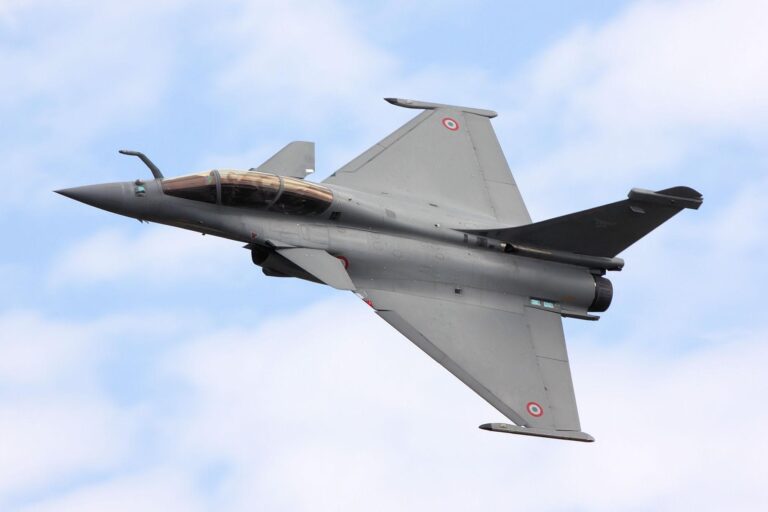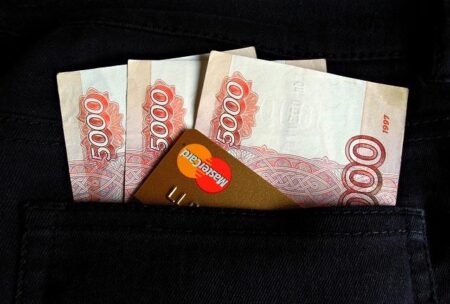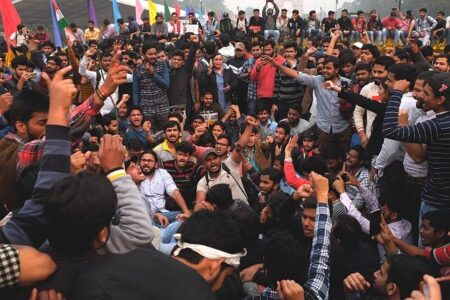India-France Rafale Controversy: Navigating Challenges in a Strategic Defense Alliance
Scrutinizing the Rafale Agreement: Transparency and Strategic Implications
The procurement of Dassault’s Rafale fighter jets has recently become a focal point of contention between India and France, casting uncertainty over their historically strong defense partnership. Indian authorities have voiced apprehensions about the clarity surrounding contract specifics, particularly questioning the selection process that favored Dassault Aviation without extensive public disclosure. These concerns have sparked debates on potential cost inflation and limited involvement of domestic manufacturers, intensifying scrutiny amid India’s push for self-reliance in defense production.
Despite these challenges, France continues to be a vital supplier within India’s defense ecosystem. However, Indian policymakers are advocating for revisiting key aspects of the deal to ensure enhanced transparency and equitable technology transfer arrangements that align with national priorities such as the “Make in India” initiative. Key demands emerging from this discourse include:
- Greater openness throughout procurement procedures
- Amplified indigenous manufacturing participation
- Fairer pricing structures and offset commitments benefiting both nations equally
| Key Factor | Rafale Contract Characteristics | India’s Defense Objectives | |||||||||||||||||||||||
|---|---|---|---|---|---|---|---|---|---|---|---|---|---|---|---|---|---|---|---|---|---|---|---|---|---|
| Transparency Level | Limited price disclosure; confidential terms | Demand for open audits & competitive bidding processes | |||||||||||||||||||||||
| Technology Transfer Scope | Restricted; controlled by original equipment manufacturer (OEM) | Maximized localization fostering self-sufficiency in defense tech development | |||||||||||||||||||||||
| Offset Obligations Fulfillment | Conventional offsets focused on large-scale suppliers | Emphasis on high-value engagement with MSMEs (Micro, Small & Medium Enterprises) | |||||||||||||||||||||||
| Strategic Partnership Outcome   | Reinforced Indo-French military ties   | Diversification of international defense collaborations   | |||||||||||||||||||||||
|
Transparency |
Opaque pricing & limited disclosure |
Full audit & open tender demands | |||||||||||||||||||||||
|
Technology Transfer |
Partial & controlled by OEM |
Maximum localization & self-reliance | |||||||||||||||||||||||
|
Offset Commitment |
Traditional defense offsets |
High-value, MSME engagement < / tr > < / tbody > < / table > The following table contrasts critical facets of the Rafale agreement against India’s broader strategic imperatives:
This juxtaposition highlights where expectations diverge and where alignment is essential for future cooperation. The Ripple Effects of Disputes on Indo-French Military Collaboration DynamicsThe discord over the Rafale contract has introduced an unprecedented strain into what was once considered one of Asia’s most dependable bilateral security relationships. Historically grounded in mutual respect and aligned geopolitical interests-ranging from counterterrorism efforts to maritime security-the current impasse threatens to stall progress across multiple collaborative fronts. Diplomatic insiders reveal that this friction has already resulted in postponed joint exercises such as “Garuda,” which traditionally bolstered interoperability between French forces and India’s armed services. Furthermore, negotiations concerning upcoming procurements involving advanced naval systems have been temporarily suspended pending resolution. Nonetheless, analysts remain cautiously optimistic due to several enduring pillars underpinning cooperation:
If left unaddressed though, these disputes could jeopardize India’s ambitious modernization roadmap while diminishing France’s stature as a preferred Indo-Pacific arms partner amid growing regional competition from other suppliers like the United States or Russia.
|




